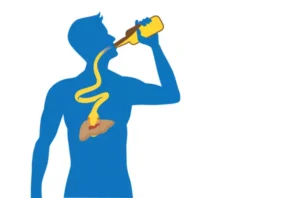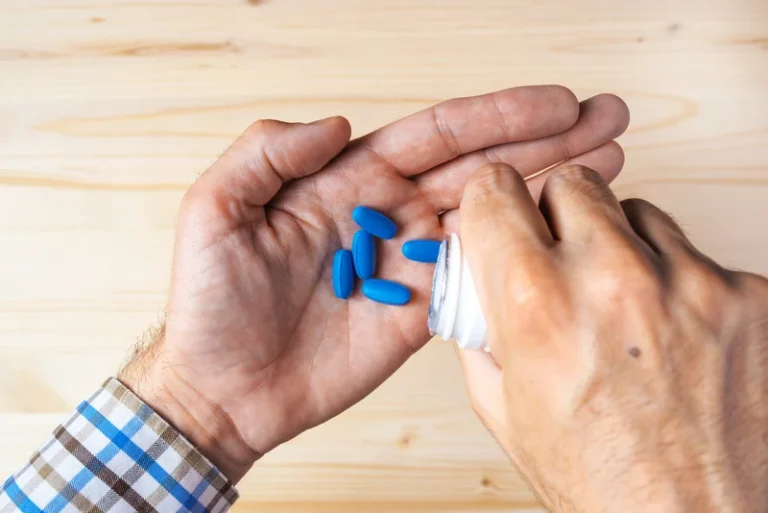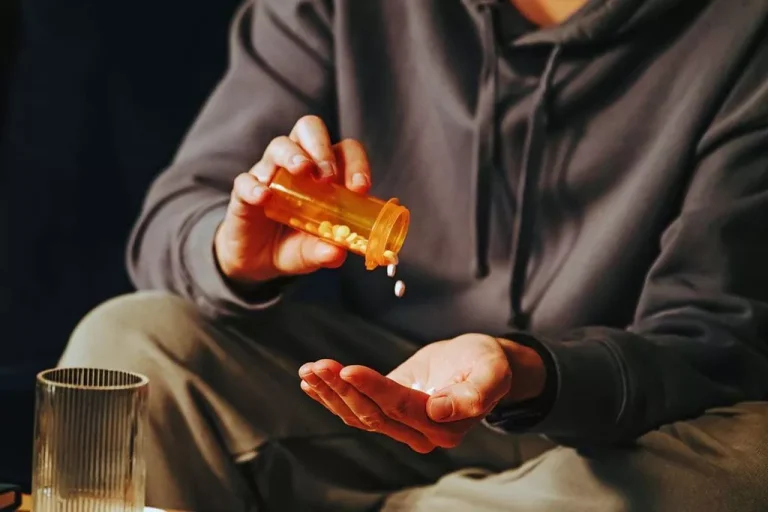
Physical alcohol addiction occurs when the body becomes dependent on it and requires more alcoholic substances to experience its effects. Alcohol tolerance, cravings, and withdrawal symptoms are all signs of physical addiction. Light drinkers tend to be mostly spared from the effects on the liver, but for heavy drinkers, the liver becomes inflamed, which can be dangerous over time,” says Dr. Mosquera.
Mental Health Treatment
- Listen to relatives, friends or co-workers when they ask you to examine your drinking habits or to seek help.
- This observed change in neurobiological functioning may be part of why once AUD develops, many individuals required alcohol addiction treatment to become and stay sober.
- Drinking alcohol increases the production of several chemicals in the brain, like dopamine and endorphins.
- Put differently, by shifting your beliefs, you can reduce, or even remove, the desire to drink, and ultimately make saying “no” to a drink a heartfelt choice.
- Heavy drinking over a long period of time can leave the body needing alcohol every day, and if the drinker attempts to stop suddenly they may experience sweating, shaking and nausea, and may even go into shock and die.
- You may wonder why some people become addicted to alcohol, while others do not.
And, emotionally, alcohol can make you not only more anxious, but more irritable, more impulsive and less inhibited — not just after a drink, but compounded over time, says Dr. Mosquera. These effects can also be exacerbated if you have a mental health diagnosis like bipolar disorder, he says. Regular drinking raises estrogen levels and reduces testosterone. For men, this can look like lowered libido and erectile dysfunction, as well as decreased muscle mass.

How Does Alcohol Become Addictive

According to The National Institute for Health, light drinking is defined as seven drinks per week for women, with no more than three in one day, and no more than 14 drinks per week for men, with no more than four in one day. That https://ecosoberhouse.com/ said, your liver has to work hard to process and filter alcohol, no matter the quantity. Set limits on how much you will drink in social situations, and prepare for how you will say no if you’re offered additional drinks.

Recovery is possible, let Sana help
- This could mean an emphasis on therapy for someone who is depressed, or inpatient treatment for someone with severe withdrawal symptoms.
- Coupled with academic stress and the pressure to succeed, especially in the nation’s top-notch universities, it is no wonder that drinking gets out of control quickly.
- Perhaps the most effective drug so far is Antabuse, the first drug approved by the USDFA to treat alcohol addiction.
- For women, it can increase the risk of breast cancer, impair bone health, and lead to mood changes.
- This CME/CE credit opportunity is jointly provided by the Postgraduate Institute for Medicine and NIAAA.
Last year, she celebrated 20 years without alcohol and was awarded a tri-plate Alcoholics Anonymous medallion to commemorate her work in recovery. “We’re basically being persecuted needlessly over a medication that is life sustaining, because he has a disease that requires him to take it,” she said. The spokesperson for the Philadelphia courts said Bing hadn’t been sanctioned for the positive test results, but didn’t elaborate further. In 2018, after pleading guilty to aggravated assault and attempted burglary (about which he declined to share details), Bing was sentenced to a short stint in prison, and five years of probation.
- Genetic, psychological, social and environmental factors can impact how drinking alcohol affects your body and behavior.
- We walk alongside our clients on their journey; understanding their past and working together to build a new future – transforming lives and sustaining recovery for everyone we support.
- Treatment for AUD often revolves around a plan that includes rehabilitation, care from addiction specialists and self-help programs such as Alcoholics Anonymous (AA).
This post will explain what makes alcohol addictive, summarize how alcohol addiction happens, and explain what you can do to avoid it. Glamorized in movies, consumed with dinners and sporting events and parties, and considered socially acceptable in most circles, alcohol is such a common substance that we sometimes overlook that why is alcohol so addicting it is highly addictive. Together, medication and behavioral health treatments can facilitate functional brain recovery. You may need to seek treatment at an inpatient facility if your addiction to alcohol is severe. These facilities will provide you with 24-hour care as you withdraw from alcohol and recover from your addiction.

Other factors
Effective treatment for alcohol use disorder involves a combination of medical, therapeutic, and holistic approaches. At Sana at Stowe in Stowe, Vermont, individuals receive personalized treatment plans that address all aspects of their addiction. Changes to dopamine, GABA, and glutamate can cause the brain and body to become dependent on alcohol. But there are also social and psychological factors that make alcohol addictive.